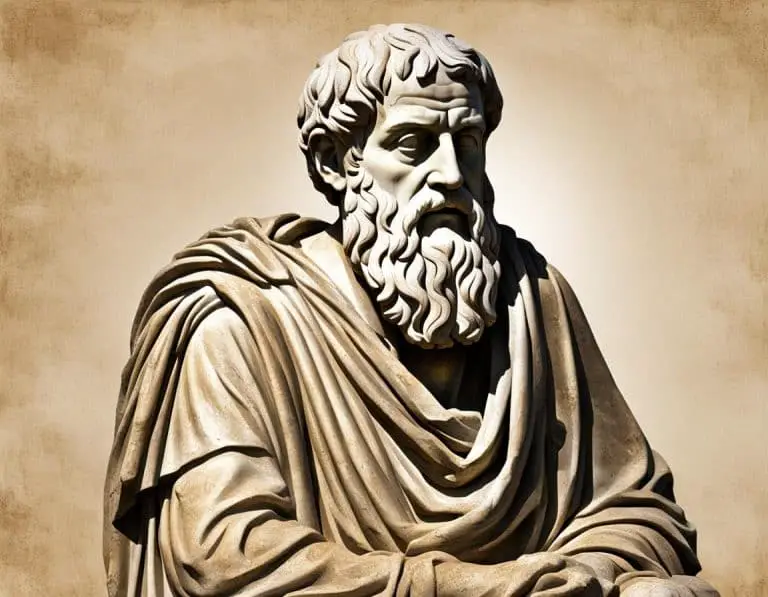Applying Plato’s Allegory of the Cave to Modern Education
Plato’s Allegory of the Cave serves as a powerful metaphor for understanding the transformative potential of education in the modern world. Just as the prisoners in the cave mistake shadows for reality, our students today may be limited by their preconceived notions and societal norms. By introducing them to new ideas and diverse perspectives, educators can help learners break free from the constraints of ignorance and open their minds to the vast possibilities of knowledge.
In today’s educational landscape, applying the lessons of Plato’s allegory means challenging students to question assumptions, think critically, and seek truth beyond surface appearances. By encouraging them to look beyond the shadows of popular opinion and embrace intellectual curiosity, teachers can empower learners to become active participants in their own learning journey. Through this philosophical approach to education, students can develop the skills necessary to navigate an increasingly complex and interconnected world with clarity and insight.
Understanding Different Levels of Knowledge
Plato’s educational philosophy delves deep into the concept of different levels of knowledge. According to Plato, knowledge can be categorized into various tiers, each holding its significance and value. He believed that the highest form of knowledge was the knowledge of the Good, which represented the ultimate truth and enlightenment. This level of knowledge was superior to all others, guiding individuals towards wisdom and virtuous living.
In Plato’s view, the journey towards understanding different levels of knowledge was a transformative experience that led individuals from ignorance to enlightenment. He emphasized the importance of seeking knowledge beyond the material world and delving into abstract concepts and universal truths. By acknowledging and exploring the different levels of knowledge, individuals could transcend mere opinions and beliefs, ultimately reaching a state of intellectual enlightenment and philosophical insight.
The Importance of Mathematics and Philosophy in Plato’s Curriculum
Plato’s educational curriculum places a strong emphasis on the significance of mathematics and philosophy in shaping the minds of the youth. Mathematics, to Plato, is not just a subject to be studied for its own sake but a tool for developing logical reasoning and problem-solving skills. By engaging with mathematical concepts, students are encouraged to think critically and methodically, honing their ability to analyze complex problems with precision.
Incorporating philosophy into the curriculum serves a dual purpose in Plato’s educational vision. Philosophy prompts students to ponder fundamental questions about existence, morality, and the nature of reality. By delving into philosophical inquiry, learners are challenged to think beyond the surface level, fostering a deeper understanding of themselves and the world around them. Through the combination of mathematics and philosophy, Plato believed that students could cultivate a holistic intellectual foundation that would guide them towards a life of wisdom and enlightenment.
Cultivating Analytical and Abstract Thinking
Plato emphasized the importance of cultivating analytical and abstract thinking in his educational philosophy. By engaging in activities that challenge students to think critically and abstractly, educators can help develop their reasoning skills and deepen their understanding of complex concepts. Encouraging students to question assumptions, analyze information from multiple perspectives, and draw logical conclusions fosters a deeper level of intellectual growth and problem-solving abilities.
In Plato’s view, developing analytical and abstract thinking skills is not just about acquiring knowledge, but about fostering a deeper understanding of the underlying principles that govern the world. By engaging with abstract concepts and theories, students can learn to think beyond the surface level and explore the interconnectedness of ideas. This kind of thinking not only prepares students for academic success but also equips them with the tools to navigate the complexities of the modern world with creativity and insight.
Plato’s Vision of the PhilosopherKing in Education
Plato’s vision of the philosopher-king in education revolves around the idea of cultivating leaders who possess a deep understanding of philosophy and possess a strong moral compass. According to Plato, those who have a genuine love for wisdom and truth should be the ones guiding society, as they are best equipped to make wise and just decisions for the benefit of all. The philosopher-king, as envisioned by Plato, would lead with a focus on ethics, justice, and the greater good, rather than personal gain or power.
In Plato’s ideal educational system, future leaders would undergo rigorous training in mathematics, philosophy, and critical thinking to develop their intellect and moral character. By immersing themselves in the pursuit of knowledge, aspiring philosopher-kings would be able to navigate complex ethical dilemmas and make decisions that align with the principles of justice and virtue. Through this holistic approach to education, Plato aimed to cultivate a new generation of leaders who would prioritize the well-being of society over their individual desires.
Implementing Ethical Leadership
To effectively implement ethical leadership in educational settings, it is imperative for educators to lead by example. This entails setting a high standard of moral conduct and integrity for both themselves and their students. By modeling ethical behavior, educators can instill in their students the importance of honesty, fairness, and respect in their interactions with others. Furthermore, fostering a culture of transparency and accountability within the educational institution can help promote ethical decision-making among all stakeholders.
In addition to personal conduct, it is essential for educational leaders to incorporate ethics education into the curriculum. By including discussions on moral dilemmas, ethical theories, and case studies that highlight ethical issues, students can develop a deeper understanding of the importance of ethical decision-making. Encouraging critical thinking and reflection in ethical matters can empower students to navigate complex situations with integrity and compassion. Ultimately, by prioritizing ethical leadership in education, educators can cultivate a generation of conscientious individuals who will contribute positively to society.
Related Links
How to Apply Plato’s Educational Legacy in Modern Education
A Roundup of Modern Interpretations of Plato’s Educational Legacy
